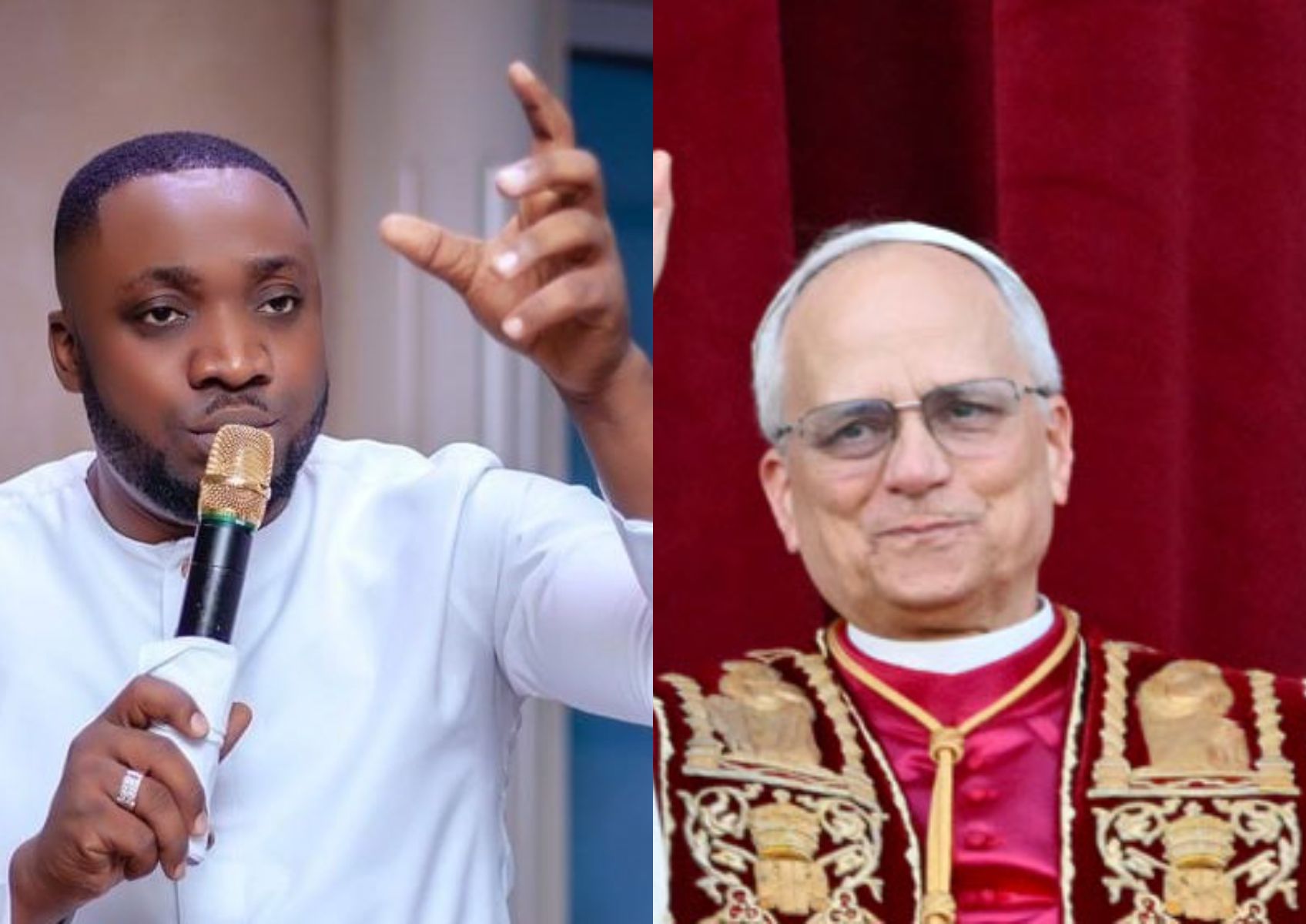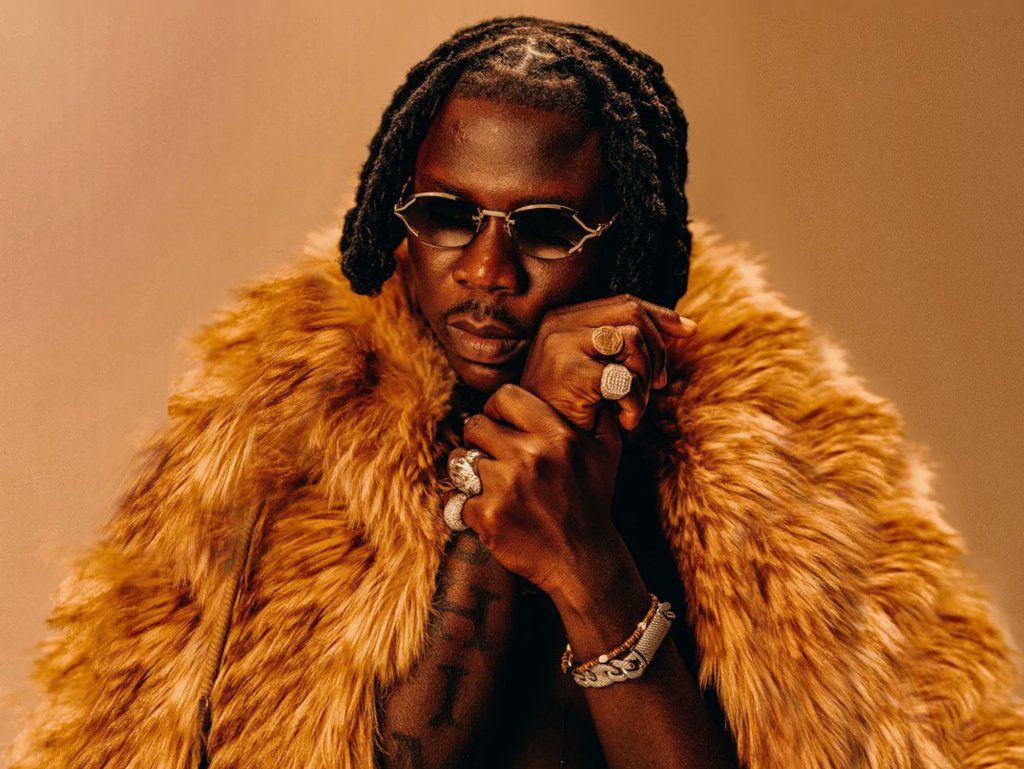
The perfect praise and respect Ngozi Okonjo-Iweala is receiving all over the world as the first African and woman to lead the 25-year-old World Trade Organisation (WTO), particularly from her fellow Nigerians is the reason why principles, no matter how it is attacked, opposed or resisted should never be sacrificed under any circumstance.
I write this at a time some Nigerian Twitter users are dressing up like Ngozi Okonjo-Iweala in what they call #NoiGoesToWTO challenge. The challenge has so far gained more than a million traction in Nigeria just when the WTO announced the Nigerian woman as head.
To think this was the woman who was severely maligned and only managed to barely leave public office in Nigeria with any good reputation, at least in the local press, was beyond disbelief for those of us who religiously followed her long before the WTO good news.
Ngozi served her country as Foreign Minister under Obasanjo, fondly remembered for Nigeria’s debt renegotiation with the Paris Club. But her most dramatic job was being Nigeria’s Finance Minister under Goodluck Jonathan, in which role she was tasked with implementing reforms which results were biting and which her nation was unprepared for the cost.
She –and I dare add, her family and image- suffered for it.
Today, to see some of her harshest citizen and newspaper critics extol her through elaborate, picturesque editorial literature means a lot for those who have read and followed her struggles in leadership in Nigeria, and at some point, her near depression which was misunderstood.
At a time under the reign of President Goodluck Jonathan, she was adjudged the most hated public official in Nigeria, and true, she herself believed it accurate. From what I recall, almost 8 out of every 10 Nigerians wanted her pushed out of the way, wherever she fell, dead or alive!
Her role as a finance minister leading IMF-backed tough neoliberal economic reforms which effect was biting everyone in Nigeria automatically made her public enemy without a competitor, saddled with the unfortunate duty of an economic surgery without anesthesia where her gifted hands were doomed to be hated by the most powerful… and the most powerless of Nigeria because her name was simply a synonym to pain. And later healing.
Ngozi’s work also engendered a unity never before seen in Nigeria. The unity of hatred. The powerful and the powerless in Nigeria were for once united: the powerful who for years generate fake fuel subsidy invoices for the Nigerian government to pay them, and with interest when it delays; and the powerless who were made to believe “Ngozi was Satan’s midwife” and was the reason fuel was expensive and life was generally tough at the time under Goodluck Jonathan’s presidency; a beautiful marriage of convenience this was.
I shivered reading Ngozi’s own words and book and books about her, and if I were to judge, based purely on what I have read, the powerless who did the most damage to her image could not be faulted for their angry perspective. How could a new minister explain without provocation that fuel prices were going up astronomically overnight because Goodluck Jonathan had a vision of a “better Nigeria going to the Next Level” and that all the citizen should do is just pay his part?
Bloody protests and attacks rocked Ngozi’s tenure as Finance Minister and it was only to the credit of President Goodluck who believed in her that she remained at post; although on at least one occasion, she attempted to resign out of fear for her life and her family but which President Jonathan refused to accept not only because of what it will communicate to Nigeria’s development partners, but because he trusted her judgment helplessly.
Powerful Nigerians whose loopholes and money she blocked at the Nigerian Ports, the NNPC (Nigeria’s version of our GNPC with a 100 times bigger budget) and other parastatals were actually bent on frustrating her to resign on her own since Goodluck had refused to sack her, or to accept her own resignation when the artificial heat they opened on her made her want to run for safety after her detractors directed attacks to her family. She was roughened up.
While you see Ngozi basking in the glory of the present WTO job, and glowing thick skin, it didn’t come with gold rim glasses and Mama ZImbi like headgears.
You see, I try to read about people like Ngozi-Okonjo and others like her, say Mr. Sylvester Mensah who wrote about his life having headed the NHIA and many others, people I believe stood for something I think I am inclined to stand for too, despite sometimes the differences of context, and to measure up my conscience against their decision-making and thought processes.
Ngozi ticked the boxes!
Take this. In one of her books, Mrs Ngozi-Okonjo chronicled very direct threats she received from her own Cabinet peers whose interests had to pass through her desk but which she refused to push because it was shady. She had had to relate to these Cabinet peers with high emotional intelligence knowing they wished her dead and out of the way.
There were several times when she was locked out of very important meetings involving the president of Nigeria — of course without the president’s knowledge, presumably – where a frowning bodyguard stood at the door and told her he had “high orders” to prevent her entry to the meeting place.
You know why?
A decision must be taken and signed at that meeting “at all cost” and if Ngozi-Okonjo is allowed inside, she will “change” the president’s mind. Don’t smile! The greater loser in these episodes was the Nigerian taxpayer.
In fact, on a day in December 2011, when Christine Lagarde visited Nigeria and wanted to meet President Goodluck, Ngozi-Okonjo and the IMF boss were denied entry in an effort to embarrass Ngozi before Ms Lagarde, and to teach her “respect”. Ngozi-Okonjo had to use unconventional means to enter Aso Rock (Nigeria’s version of our Flagstaff House). On getting inside, meeting the President that day was another hell.
As a Ghanaian with a comparatively better outlook on how systems work, there are stories you read in Nigerian autobiographies that sound like fairy tales taken straight from a classic that attempts but fails to mimick Guy Fawkes and the gunpowder incident with mixed up plots, but which also actually happened.
For example, when Ngozi-Okonjo started implementing a program that was aimed at reinvesting the Nigerian government’s Subsidy on petroleum, her mum got kidnapped!
The kidnappers were kind and frontal enough to state their demand – that the subsidy removal and its reinvestment be suspended if she wanted to see her mother alive!
In the face of these, the Nigerian public was unsympathetic and unshaken in its hatred for Ngozi- a courageously unselfish woman who took a huge pay cut from her big-dollar-paying job at the World Bank in order to come down to Nigeria to help her country with her God-given intellect.
She was hated and criticized all over the place. She was caricatured, cartooned as a witch, insulted, named Nigeria’s antichrist by protesters, nicknamed Lord Luggard’s prostitute, tagged a CIA agent, an IMF zombie, Lionel Robin’s lost vagina among many unprintable attacks women in public office mostly face when confronted with people who disagree with them without a superior counter-argument.
Ngozi stuck to her guns and saw through the full implementation of reforms which successive Nigerian governments came to benefit from before it was gradually undone again, taking Nigeria’s economy back to factory mode.
What I realize in the face of all the odds she faced, not because today the world celebrates her, is that she remained mostly positive and committed to Nigeria despite occasional moments of doubts.
She kept advising young readers — under the mistaken believe she was talking to only Nigerian youth – not to give up on their nation if they get the chance to serve her.
She spoke to me, too, here in Accra in Ghana.
She spoke about best practices she learnt and implemented after observing developments outside Nigeria and urged all Nigerian youth never to give up on a crooked path they can straightened in their country.
While other Nigerian autobiographies have variously said Nigeria as a country exists so that all other nations will see how not to govern a country, Ngozi Okonjo-Iweala gives us all a reason to believe in ourselves again, that standing by principles matter, that nothing worthwhile comes without any form of sacrifice and that real vindication lies in the womb of time.
Congrats Ma’am. Your life and your story inspired a young man in Accra Ghana. Alhamdulillah!
By Mikdad Mohammed
Source: citinewsroom.com
The views expressed in this article are the author’s own and do not necessarily reflect The Chronicle’s stance.
The post First African & Woman for WTO top post Perfect praise and respect for Ngozi Okonjo-Iweala appeared first on The Chronicle Online.
Read Full Story












Facebook
Twitter
Pinterest
Instagram
Google+
YouTube
LinkedIn
RSS